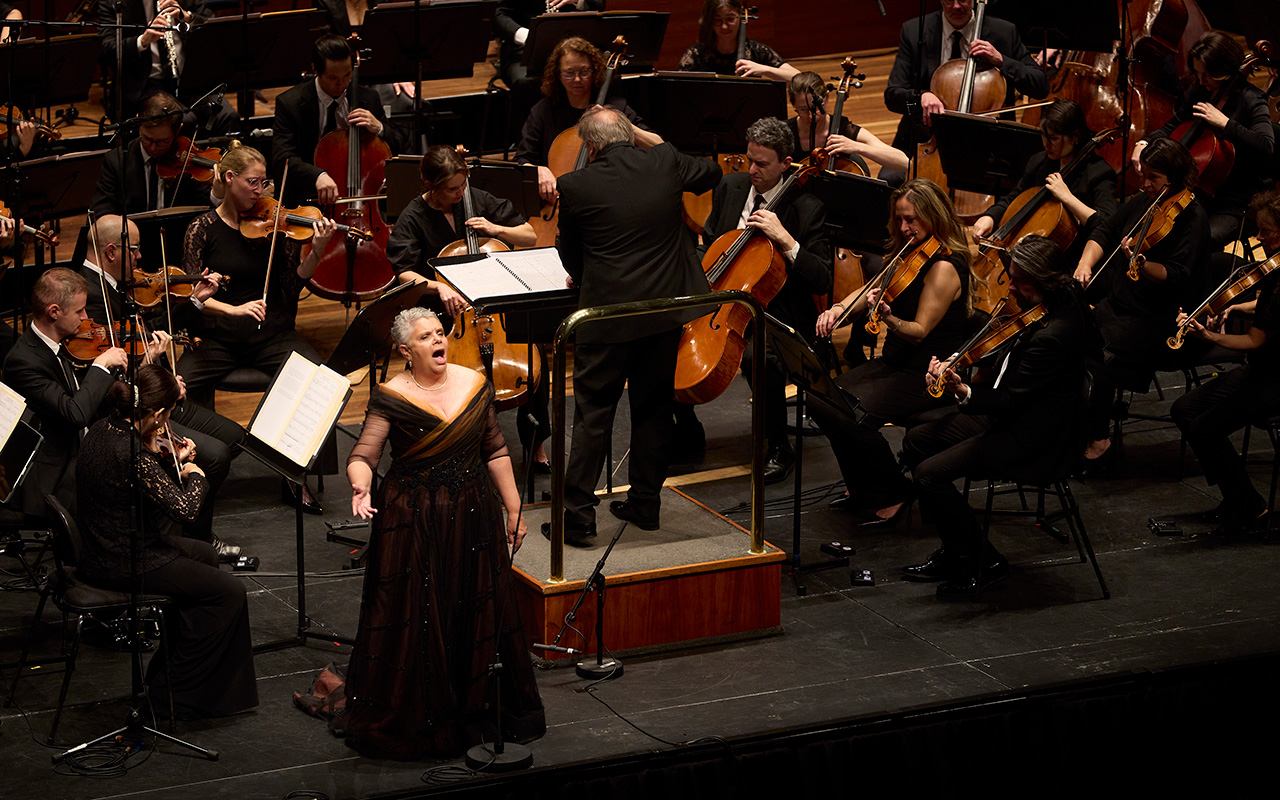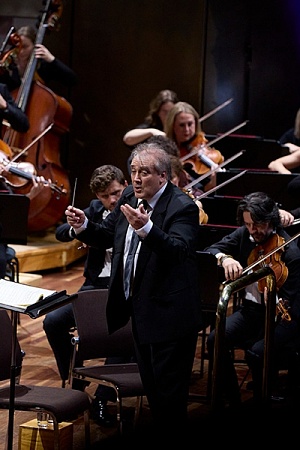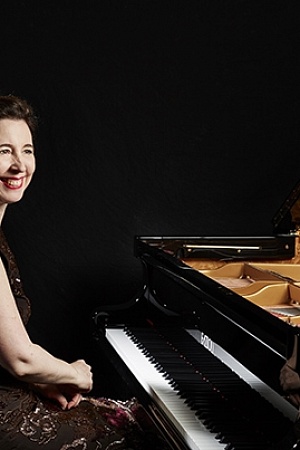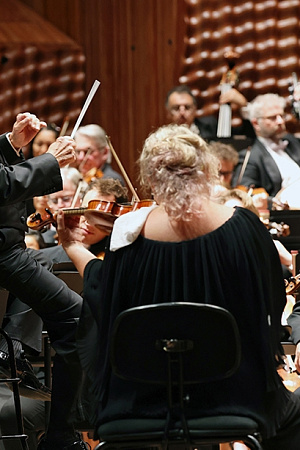New Worlds

There was a culminative air about the Melbourne Symphony Orchestra’s last subscription concert for the year. Branded ‘New Worlds’ in order, no doubt, to draw attention to its inclusion of Dvořák’s beloved Symphony No.9 From the New World, at its heart was the Australian premiere of Deborah Cheetham Fraillon’s Treaty. Cheetham Fraillon’s successful five-year appointment as MSO First Nations Creative Chair draws to a close at the end of the year and Treaty appears in the shadow of the passing of the Statewide Treaty Bill 2025 (it received Royal Assent on November 13). Among other things, this bill paves the way for the First Peoples’ Assembly of Victoria to become a permanent, legislated body.
The performance also tops a year where the MSO’s other overt, albeit much less happy, engagement with the wider world of politics came to a head with pianist Jayson Gillham’s case against the MSO, now set to be heard in the Federal Court over three weeks in May.
The concert opened with Cheetham Fraillon’s musical Acknowledgement of Country, Long Time Living Here, here in its full orchestral version with the composer herself singing. Now a well-established ritual of MSO programming, we also learned that next year there will be a new setting for this Acknowledgment –the start, perhaps, of a growing repertoire of such works and another legacy of Cheetham Fraillon’s tenure.
Continue reading for only $10 per month. Subscribe and gain full access to Australian Book Review. Already a subscriber? Sign in. If you need assistance, feel free to contact us.








